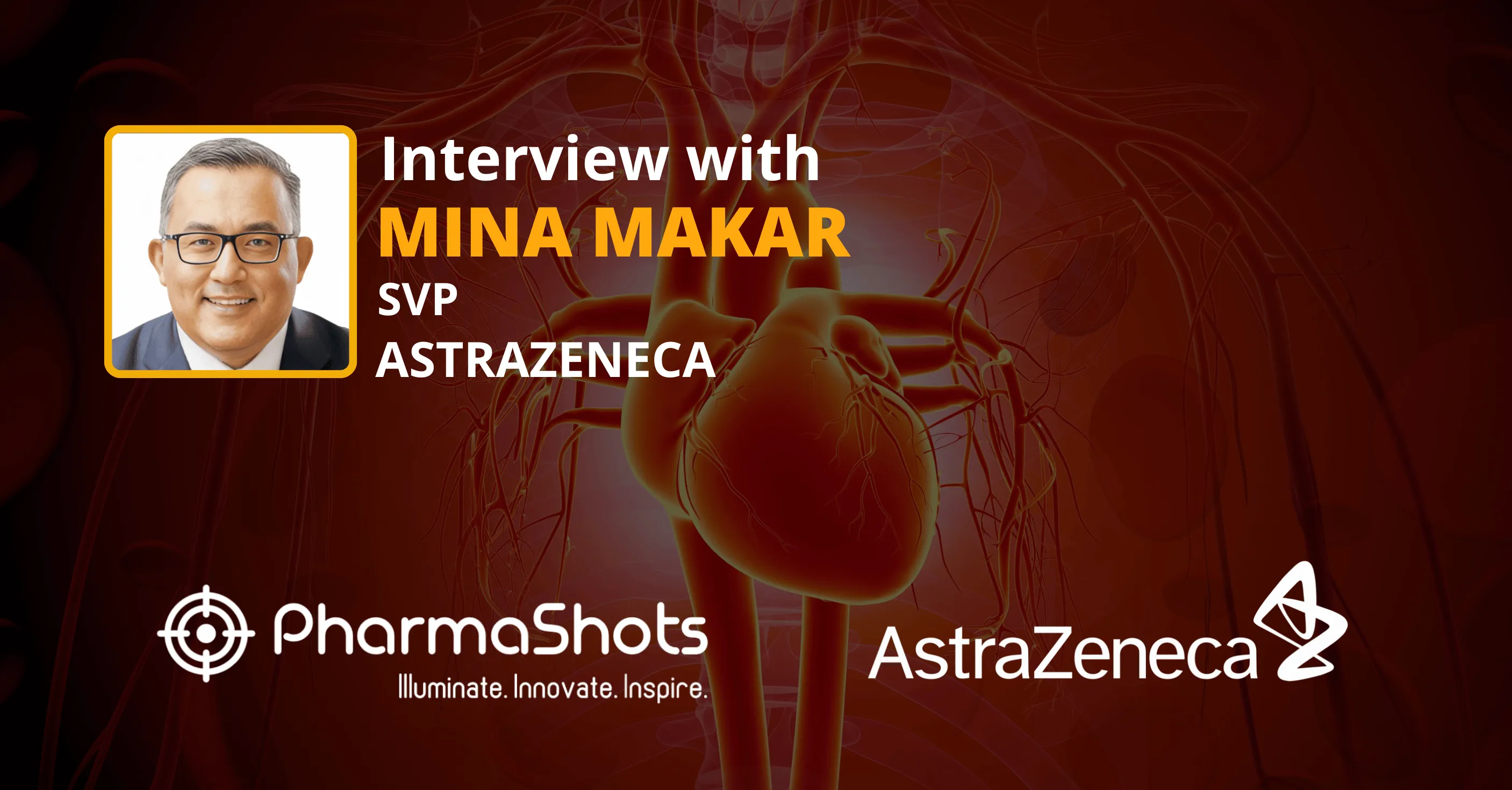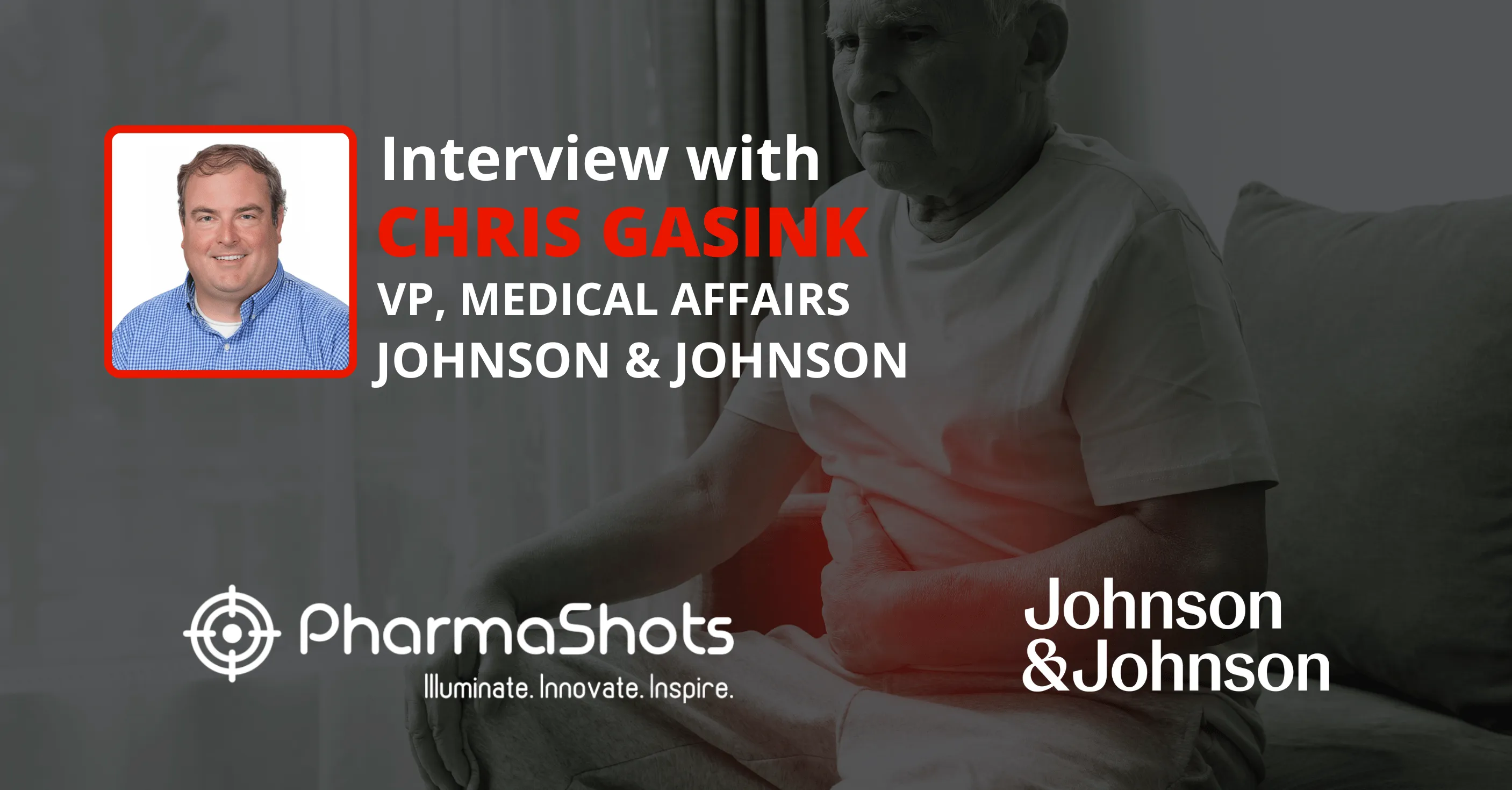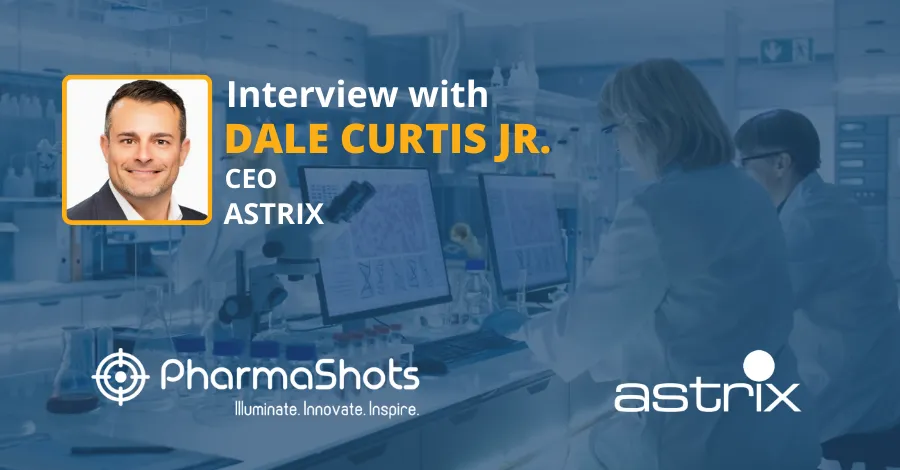
PharmaShots Interview: In Conversation with Caris Life Sciences’, CBO, Brian Lamon, Where he Shares Insights on Opening of New Liquid Biopsy Laboratory Facility
Shots:
- Brian spoke about opening of its new liquid biopsy lab in Phoenix, AZ and an investment of $45M for the development of its facilities
- Brian also talked about the establishment of lab will enhance company’s molecular profiling capabilities and launch of a blood-based diagnostic assay
- The interview gives a view of how Caris Life Sciences is pioneering the field of precision medicine
Smriti: Please tell us the reason behind building a new liquid biopsy laboratory facility
Brian: Caris’ new 34,000 sq. ft. liquid biopsy laboratory, which opened in April 2022 in Phoenix, Arizona, will allow us to further innovate and commercialize our blood-based assay, Caris Assure, and expand our aim of making cancer detection, diagnosis, treatment and monitoring more accurate, convenient and detailed than ever before.
Smriti: Highlight the key benefits added to the company’s molecular profiling capabilities through this new liquid biopsy laboratory
Brian: Caris takes a unique approach to liquid biopsy testing by analyzing the whole exome (DNA) and the whole transcriptome (RNA) to give biopharma, physicians and patients access to the most comprehensive, powerful liquid biopsy assay ever developed. Our broad, 22,000 gene coverage of cfDNA (cell-free DNA) and cfRNA (cell-free RNA) analysis ensures we render highly accurate results that reveal a more complete molecular blueprint to inform and empower biopharma’s precision oncology programs, and help physicians guide more precise and individualized treatment decisions.
This approach to precision medicine means more sophistication in our collective efforts to identify solutions for battling cancer. That means detecting a molecular signal in low and non-shedder patients, fewer genes missed, and reducing mistakes like false positives. That means less time and money spent, and more certainty and clarity for all of those involved - from patients and family members to oncologists, and the teams developing novel therapeutics to benefit cancer patients.
The Arizona lab will be dedicated to Caris Assure testing and analysis and will allow us to provide profiling on blood specimens for up to 1,500 patients per day.
Smriti: How will this state-of-the-art lab help provide profiling on blood specimens for 1500 patients/day?
Brian: The lab is state-of-the-art and incorporates the leading next-generation sequencing and robotics technologies to aid in our molecular profiling approach. Our new facility provides the increased space necessary to process the blood samples provided to us. It is one of the many pieces that come together in our efforts to bring precision medicine to a larger audience. We will be bringing on additional blood testing labs similar to the Arizona facility as well.
Smriti: Give our readers a comparative view of conventional blood-based diagnostic assays & Caris Assure
Brian: As it relates to molecular profiling for therapy decision support or oncology drug development, the main comparison between Caris and other liquid biopsy tests lies with the breadth and depth of the testing we perform for every patient. By including DNA and RNA coverage across somatic tumor, somatic CHIP and germline alterations, Caris captures more tumor-informed material, leading to more detailed, comprehensive molecular profiling results that overcomes many of the shedding problems that plague cfDNA-only assays. The approach also results in fewer missed mutations due to more tumor-derived material inputs, as well as fewer false positives due to the analysis of Clonal Hematopoiesis of Indeterminate Potential (CHIP) mutations.
Smriti: Give us some insights on the development & working procedure of Caris Assure
Brian: Caris Assure uses a novel circulating nucleic acids sequencing (cNAS) approach to analyze the whole exome (cfDNA) and whole transcriptome (cfRNA) of 22,000 genes, including Loss of Heterozygosity (LOH), Microsatellite Instability (MSI) and Tumor Mutational Burden (TMB) from a simple blood sample, helping to overcome many of the shedding problems that plague cfDNA-only assays. This unique assay includes characterization of somatic tumor alterations, somatic CHIP alterations and identification of incidental germline findings capturing more tumor-informed material leading to improved performance and comprehensive molecular profiling results for the physician and patient.
This assay is a qualitative next-generation sequencing-based laboratory developed test (LDT) for circulating nucleic acids sequencing (cNAS) from plasma of peripheral whole blood. Utilizing hybridization-based capture technology across all coding regions of the genome, this assay detects single nucleotide variants (SNVs), insertions and deletions (indels), copy number alterations (CNAs), fusions, TMB (Tumour Mutational Burden), MSI (Microsatellite Instability) and LOH (Loss of Heterozygosity). This test is intended for patients with previously diagnosed solid malignant neoplasms when tissue is not available, or the diagnostic specimen has been exhausted and is to be used by qualified healthcare professionals.
Smriti: Briefly explain how your platform for cancer analysis will assist physicians to improve their treatment procedures.
Brian: Due to our unique whole exome and whole transcriptome approach, we generate an enormous amount of molecular information about a patient’s cancer. From that information, we are able to provide the physician a highly accurate diagnosis of the precise cancer or cancers the patient is confronting. That allows the physician to properly diagnose and treat the patient from the outset. We are also able to help identify misdiagnoses, identify opportunities for drug targeting of untreatable cancers and generate other powerful insights. For clinical trials where Caris Assure is leveraged to assess the molecular profile of patients, we will similarly generate unprecedented amounts of information to inform and empower oncology pipelines and accelerate delivery of the next wave of therapeutics.
Source: Canva
About the Author:

Dr. Brian Lamon is the Chief Business Officer, Head of BioPharma Business Development at Caris Life Sciences. He has 15 years of experience in the pharma industry. He is responsible for developing the partnering and business development strategy for the company.Dr. Lamon received his BA in Biology and French from Lafayette College, and earned his PhD in Pharmacology from New York Medical.
Tags

Senior Editor at PharmaShots. She is curious and very passionate about recent updates and developments in the life sciences industry. She covers Biopharma, MedTech, and Digital health segments along with different reports at PharmaShots.














